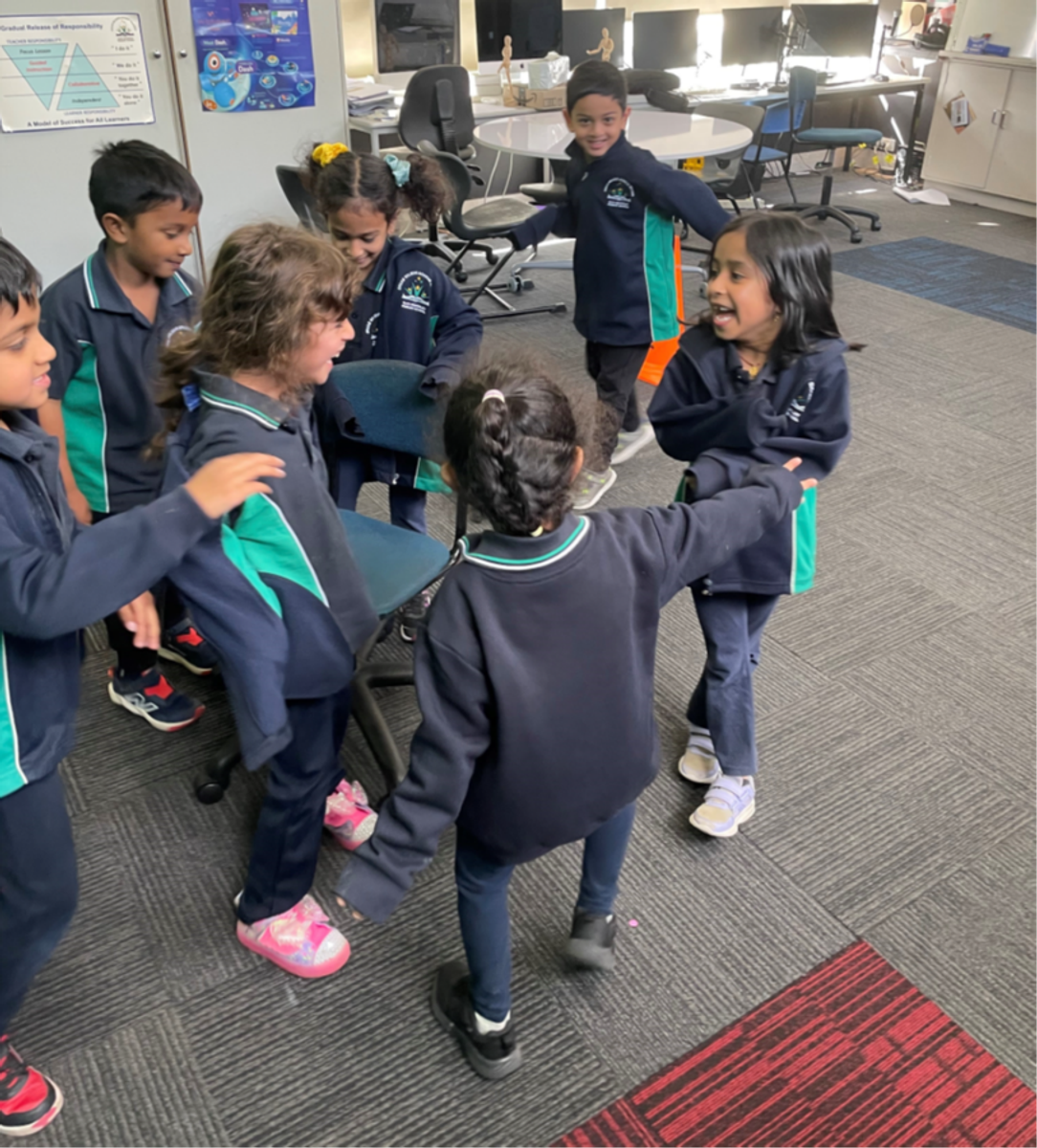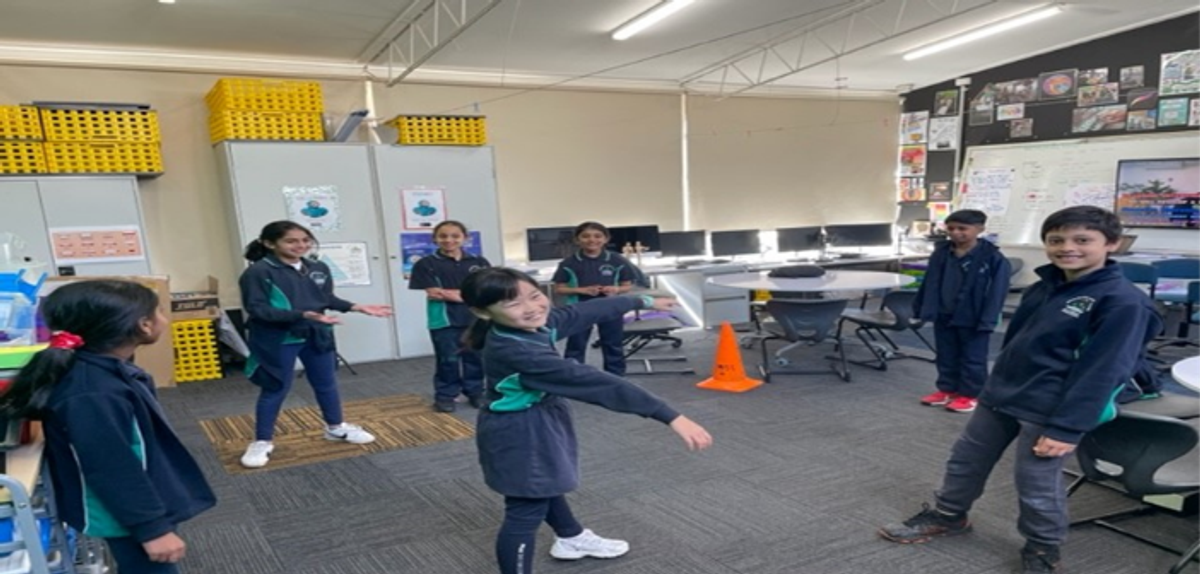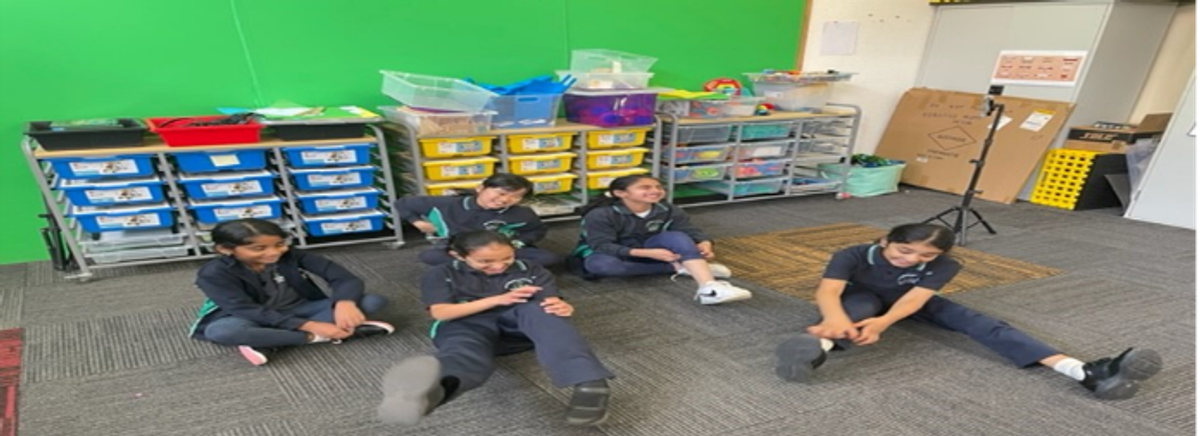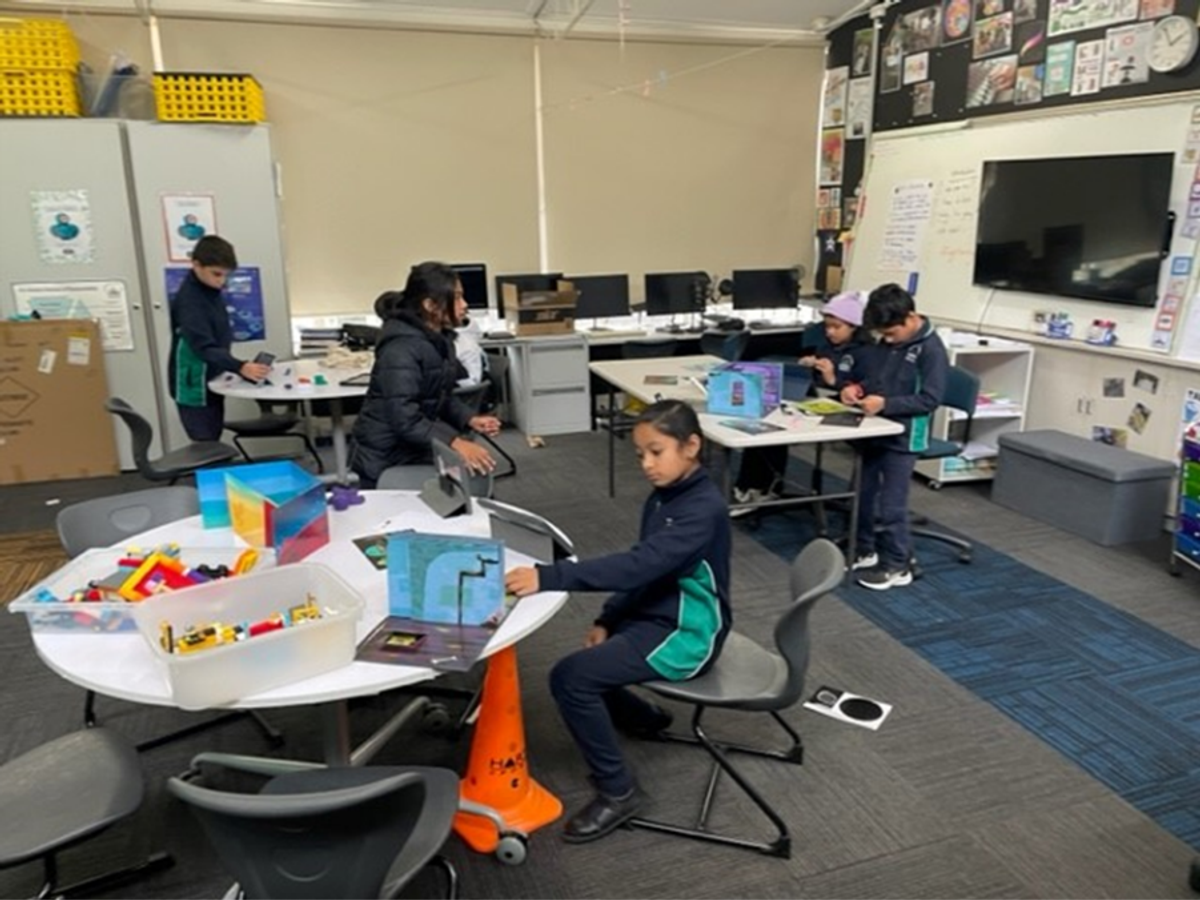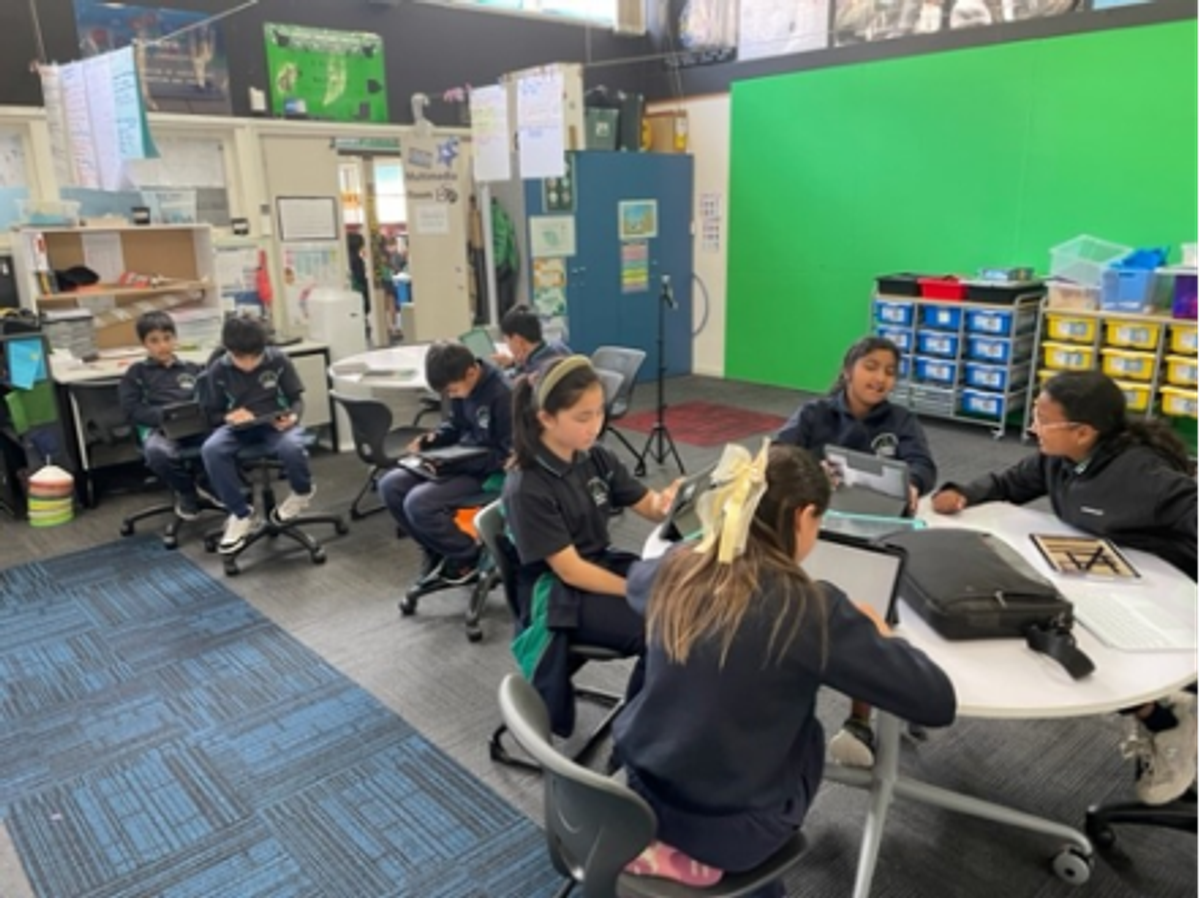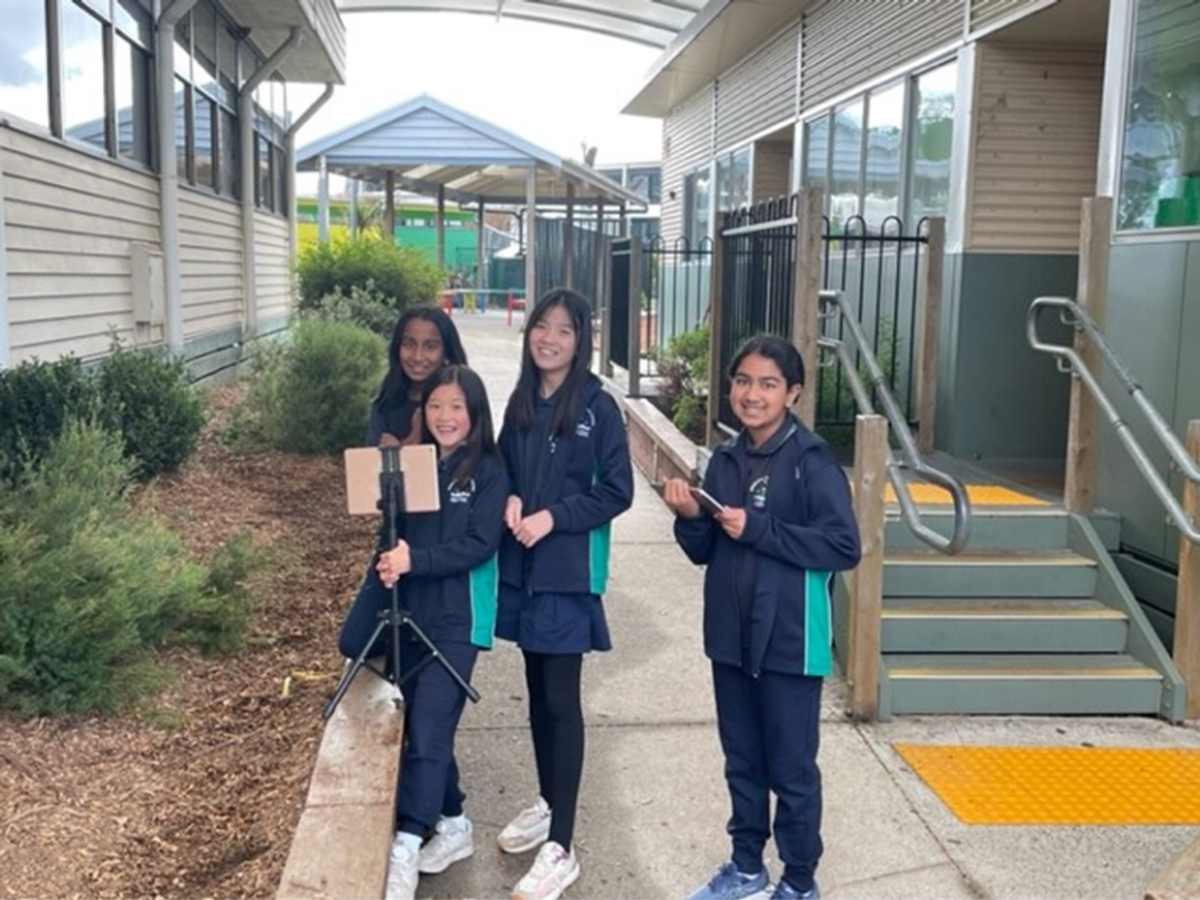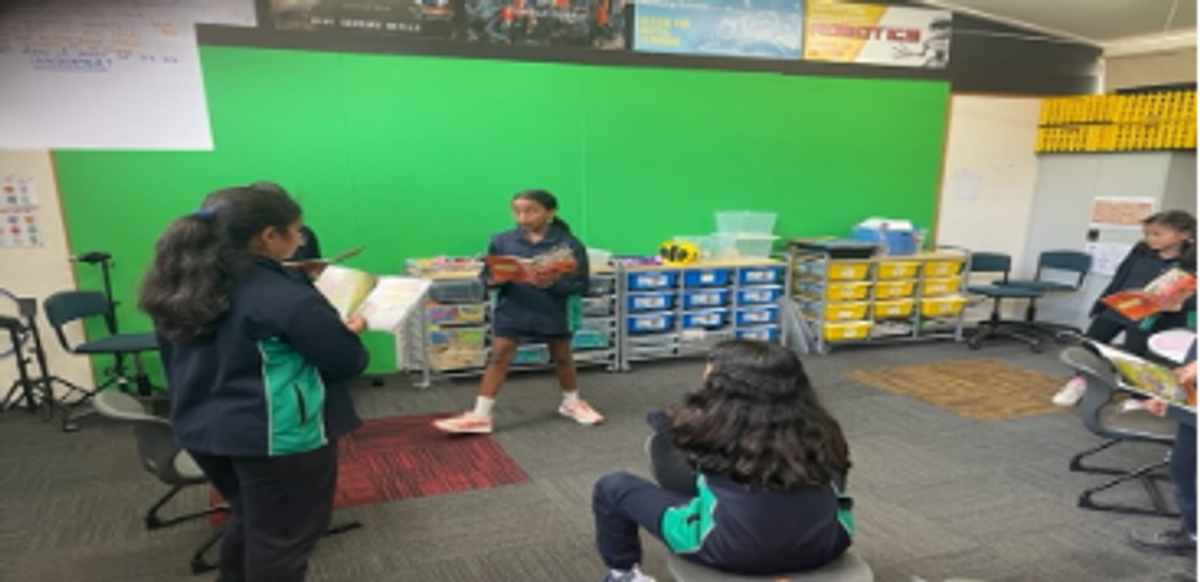Multimedia
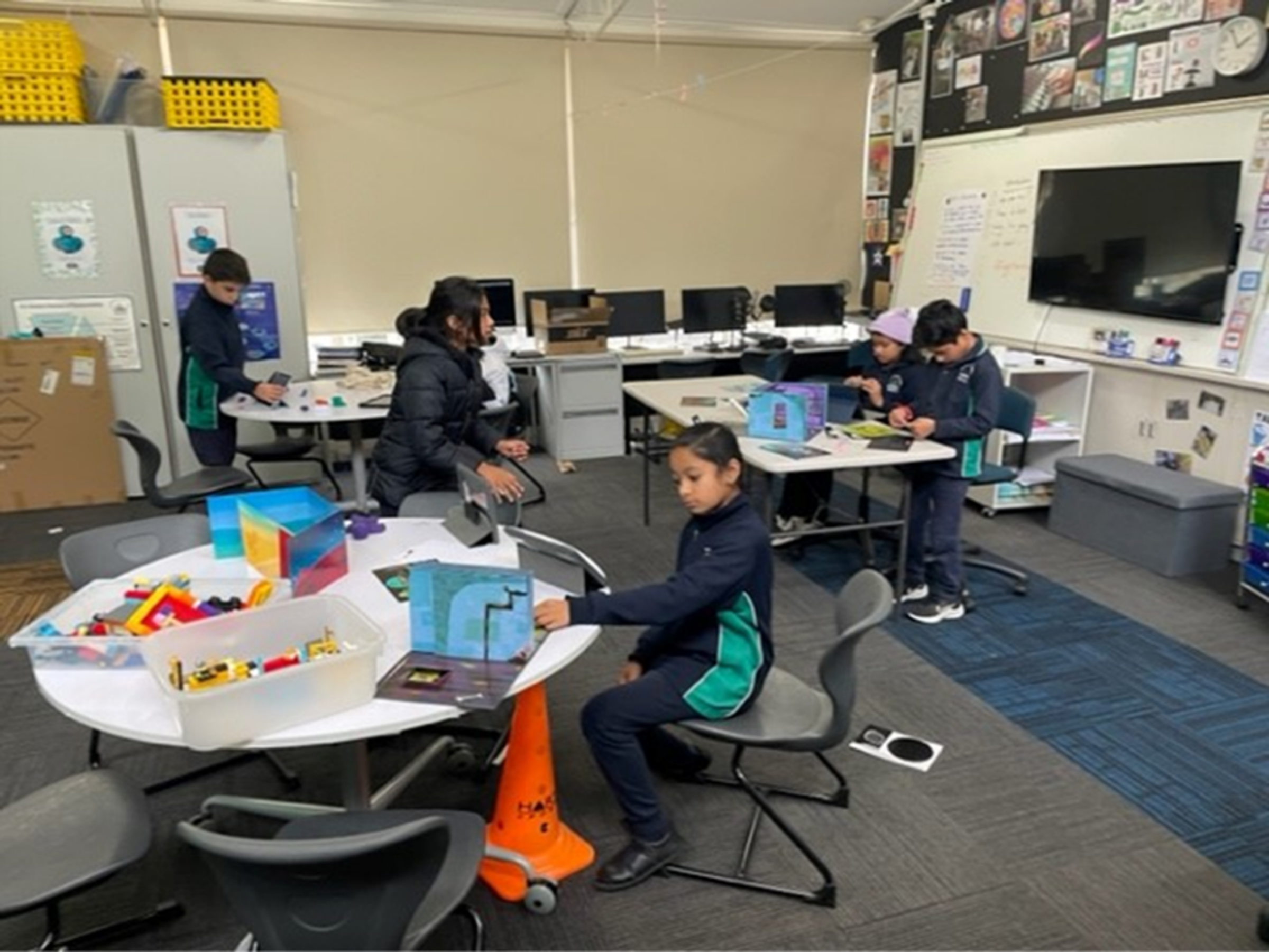
Year level: Prep
Game Design
In Semester Two, Prep students will develop their understanding of games by exploring their meaning and purpose, including what a game is and what makes a game engaging. Students will name and play simple physical games they know, as well as experience basic video games to develop a clearer understanding of game design. They will create and play both paper-based games and basic video games using block coding tools such as Scratch Jr, Code Studio, and Tynker. This innovation unit fosters collaboration and introduces basic coding concepts through creating computer programs. It also develops problem-solving skills and encourages investigation through fun, hands-on challenges.
Year level: 1
Game Design
In Semester Two, Year One students will be introduced to the fundamentals of gaming, including what a game is, its purpose, and its mechanics. They will explore these ideas through playing simple physical games and basic video games to build foundational game design knowledge. Students will also create and play both paper-based games and basic video games using block coding platforms like Scratch Jr, Code Studio, and Tynker. This unit promotes collaboration, problem-solving, and investigative thinking through engaging, creative challenges.
Year level: 2
Game Design
In Semester Two, Year Two students will further unpack what a game is by playing simple physical and basic video games to develop a clear understanding of game design. They will design, create, and play both paper-based and digital games, using block coding tools such as Scratch Jr, Code Studio, and Tynker. This innovation unit fosters collaboration, introduces basic coding concepts through computer programming, and develops problem-solving skills through hands-on challenges and investigations.
Year level: 3
Film and Drama
In Semester Two, Year Three students will explore the many elements of film production, taking on roles both in front of and behind the camera. They will build confidence in their performance skills through a range of drama games and acting techniques.
Students will investigate scriptwriting and learn how it differs from other forms of writing. They will also discover how location scouts identify the best settings for scenes. Throughout the unit, students will experiment with camera techniques, sound production, and prop and costume design, understanding how these choices contribute to the overall quality of a production.
Year level: 4
Game Design
In Semester 2, Year 4 students will explore various aspects of game design, including the structure, purpose, and mechanics of gameplay. They will build on their understanding of what constitutes a game by playing simple physical games and examining vintage video games to learn about game development and innovation.
Students will then create board games before progressing to video game design through coding. They will design and play both paper-based games and basic video games using block coding platforms such as Scratch Jr, Code Studio, and Tynker. This hands-on approach fosters collaboration, introduces fundamental coding concepts, enhances problem-solving skills, and encourages investigation through engaging challenges.
Year level: 5
Animation
In Semester Two, Year 5 students will embark on an exciting innovation unit in animation. They will be introduced to the 12 Principles of Animation, exploring each one through practical, hands-on activities. As they learn these principles, they will create short animations and discover how each technique is used. For example, the squash and stretch technique adds a sense of weight or flexibility to objects, such as a bouncing ball.
Students will develop their skills in a variety of ways, including freehand drawing to create flipbooks, as well as using digital tools such as FlipaClip, Clip Studio, and Scratch to manipulate the timing and movement of their work. They will also experiment with stop motion animation, using photography to bring everyday objects to life.
Throughout the unit, students will explore the important art of storytelling in animation, combining creativity and technical skills to share their ideas in engaging ways.
Game Design
In Semester Two, Year Five students will take a deep dive into the study of game design. They will apply an Innovator’s Mindset to explore what makes a game work (game mechanics) and what makes a game fun (its purpose).
Starting with a solid knowledge base about games—their purpose, how they are made, including roles and rules—students will design, construct, and play games they know, as well as games they recreate, both physical and digital. This process will guide them in creating their own games, including physical, paper-based, and computer games.
Students will use a variety of materials and work both individually and collaboratively. They will also use apps such as Scratch and Code Studio to bring their digital game ideas to life.
Podcasting
This Semester, Year Five Podcasting Innovation students will deepen their understanding of the purpose, process, and structure of podcasts. Through this exploration, they will develop essential skills in writing, speaking, listening, presenting, and performing.
Students will investigate topics of personal interest and analyse a variety of existing podcasts to understand their structure and key features before planning and recording their own episodes. This hands-on approach will build their proficiency in effective audio techniques, including planning interview setups and troubleshooting issues such as distortion during recording.
They will script, edit, and record their podcasts, honing their storytelling and communication skills throughout. Collaboration will be encouraged, with opportunities to give and receive constructive feedback from peers, helping students refine their work.
To conclude, students will share their completed podcasts with the Glen Waverley Primary School community, showcasing their learning journey and new skills. This unit fosters creativity, critical thinking, and empowers students to become confident communicators.
Year level: 6
Film, Drama and Animation
In Semester Two, Year Six students will explore the many elements of film production, taking on roles both in front of and behind the camera. They will build confidence through drama games and acting techniques, and explore scriptwriting, learning how it differs from other forms of writing. Students will also discover how location scouts find the best settings for scenes.
Throughout the unit, students will experiment with camera skills, sound production, and prop and costume design, understanding how these choices contribute to the overall quality of a production. They will have opportunities to work with green screen technology and editing suites as they develop their projects. The unit will culminate in the filming and production of the Year Six Graduation.
Alongside film and drama, students will also delve into animation by learning the 12 Principles of Animation. They will create short animations to understand how each principle works and why it is important. For example, the squash and stretch technique adds a sense of weight or flexibility to objects like a bouncing ball.
Students will apply these skills in various ways, such as freehand drawing to make flipbooks, and using digital tools like FlipaClip, Clip Studio, and Scratch to manipulate the speed and flow of their animations. They will also explore stop motion animation, using photography and real-life objects to bring fixed items to life. The unit will emphasise the important art of storytelling through animation, combining creativity with technical skills.

